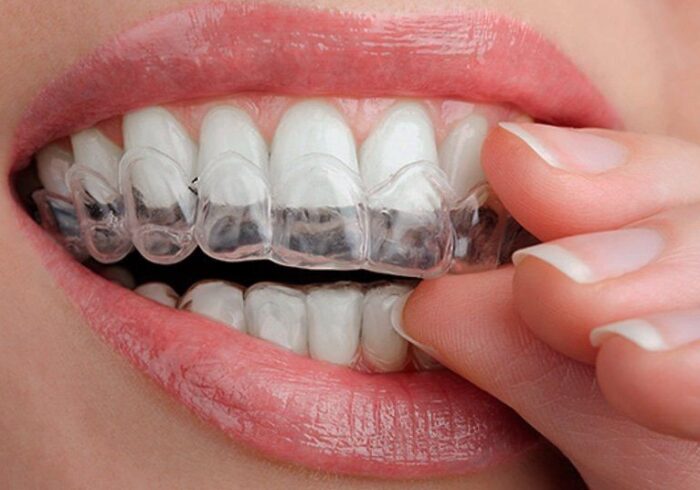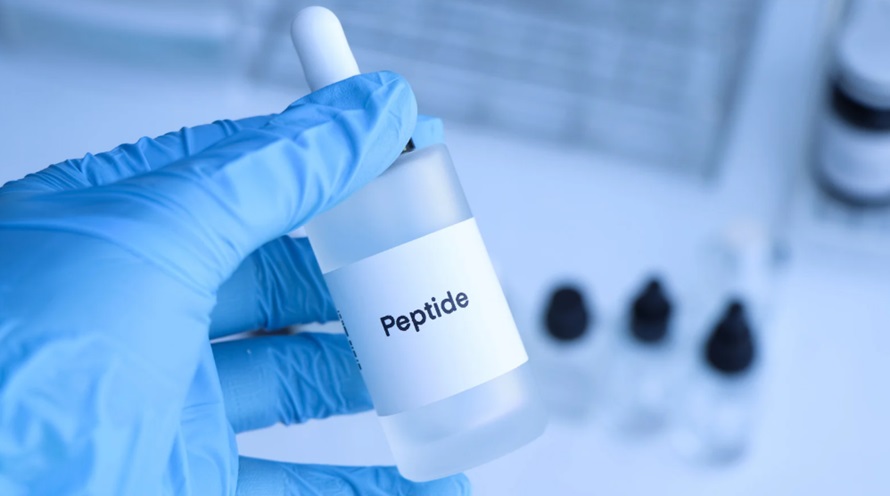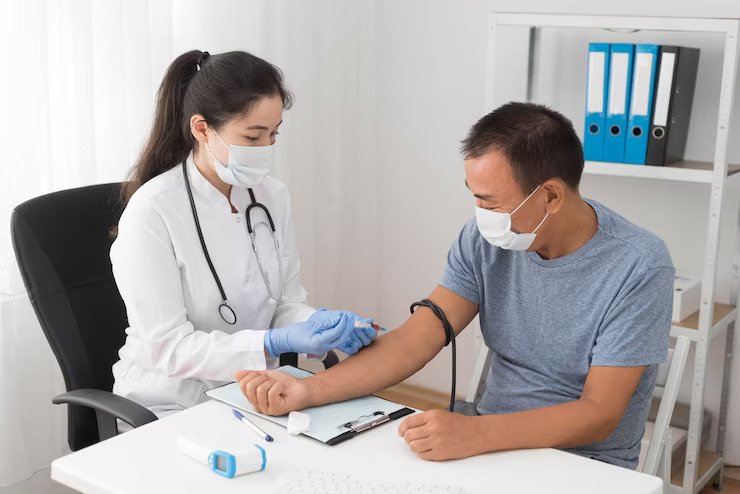A lot of people have varicose veins. Some sufferers do not even know they have this condition and are not sure where they must see a doctor for this issue. For most people who have varicose veins, the condition is not dangerous. While varicose veins can lead to symptoms such as aching, pain, itching, or tenderness, such symptoms are not life- or limb-threatening. Thus, some people who have varicose veins can develop complications that can be mild or serious. If you experience complications, you should visit the vein institute of SC to get appropriate treatment. These complications include the following:
Bursting Veins
Varicose veins can cause external bleeding when punctured with something sharp or bumped against blunt objects. In some instances, bleeding can happen spontaneously without obvious trauma.
If your varicose veins bleed, apply pressure over the site using your finger for five to ten minutes. Also, seek immediate medical attention to avoid recurrence. A suture or glue may be applied to control the bleeding. Also, the vein doctor may evaluate your varicose veins to determine and treat the underlying cause.
Blood Clots
Often, blood clots experienced due to varicose veins are life or limb-threatening. If this happens in your varicose vein area, they should be red, tender, warm, and firm. Such findings are often associated with tissue inflammation, which is the reaction of the body to the blood clot. These blood clots can extend into the legs’ deeper veins. This can happen when the clot is near a connection with your deep veins. Also, those who are prone to clot formation can also experience this complication.
Stasis Dermatitis
This condition causes dry, itchy skin. While mild itching can be a simple issue, worsening itchiness can cause skin damage due to repeated itching. Often, any changes to the skin due to stasis dermatitis impact just the skin above your ankles.
Causes of Varicose Veins
You can develop varicose veins due to an underlying vein condition called venous reflux. This occurs when your veins’ valves do not function correctly. Venous reflux can lead to various symptoms, such as leg pain, leg fatigue, leg heaviness, leg restlessness, leg cramps, and leg discoloration.
Treatment for Varicose Veins
Today, there are different procedures available to treat varicose veins. Some of such procedures are meant to minimize the varicose vein pressure, while others seal or get rid of the varicose veins. Some of those who have varicose veins do not need treatment. However, if you are experiencing symptoms or have suffered from complications, you should get evaluated by a vein doctor to know your options.








